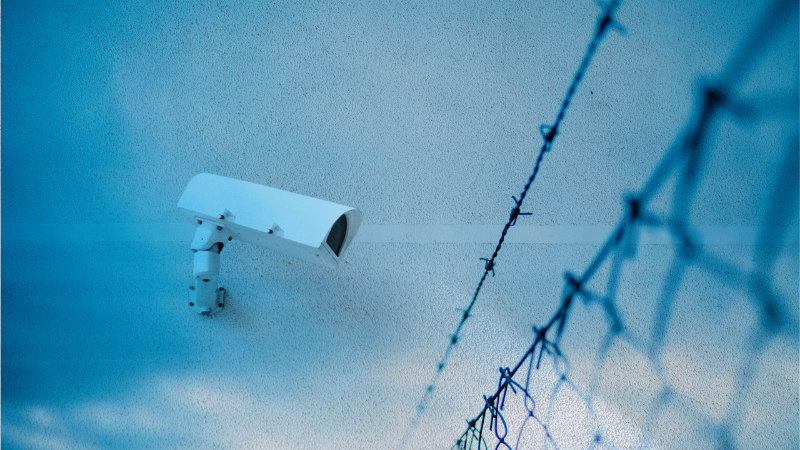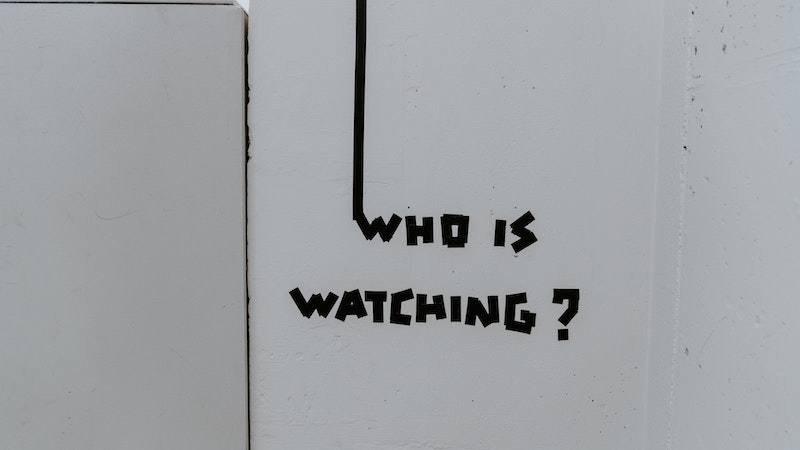
RESEARCH ISSUE IN FOCUS
Surveillance
The state monitors its citizens, Internet companies monitor their users - and finally we monitor ourselves and each other. Who is monitoring whom and why? What positive effects can surveillance have and when does it become a danger for a democratic society? Questions like these were posed by students of the Humboldt University of Berlin in the seminar "Tracing Surveillance - On the Trace of Surveillance" led by HIIG researcher Thomas Christian Bächle. In the contributions to this dossier they discuss their views on state and economic power and surveillance technologies.
Shoshana Zuboff
Surveillance capitalism and democracy
Digitaler Salon
Score me maybe?
In a nutshell
Nick Couldry on data colonialism
Fest-Forward: Speculative Governance of the Smart Wall
Serious issues raised by advances in algorithmic immigration and border control: addressing the smart wall.
Progress through (surveillance-) technology?
Mileage status, tire pressure, driving behavior – nowadays, modern cars already collect these and many other data via built-in sensors and computers. With the help of this information, a complete...
»Operational« control of the crowd
Although the strong surveillance of the working, as was common in the industrial work, appears to have gone out of style, it seems as if crowdworking brings it back altogether…
Seeing Without Being Seen: The Map as a Medium for Simulated Surveillance
An illuminated, 170 square meter satellite photograph of Berlin covers floor and walls of the exhibition space of the former Stasi-prison in Berlin-Hohenschönhausen – it visualises the surveillance network of…
Packaging and scholarship – a summary of Zuboff’s talk during the Making Sense of the Digital Society lecture series.
Is the following information relevant to you?: Tech companies collect and sell your data to business consumers, in some cases since the early 2000s. Strategies developed from analysis “nudge” your…







